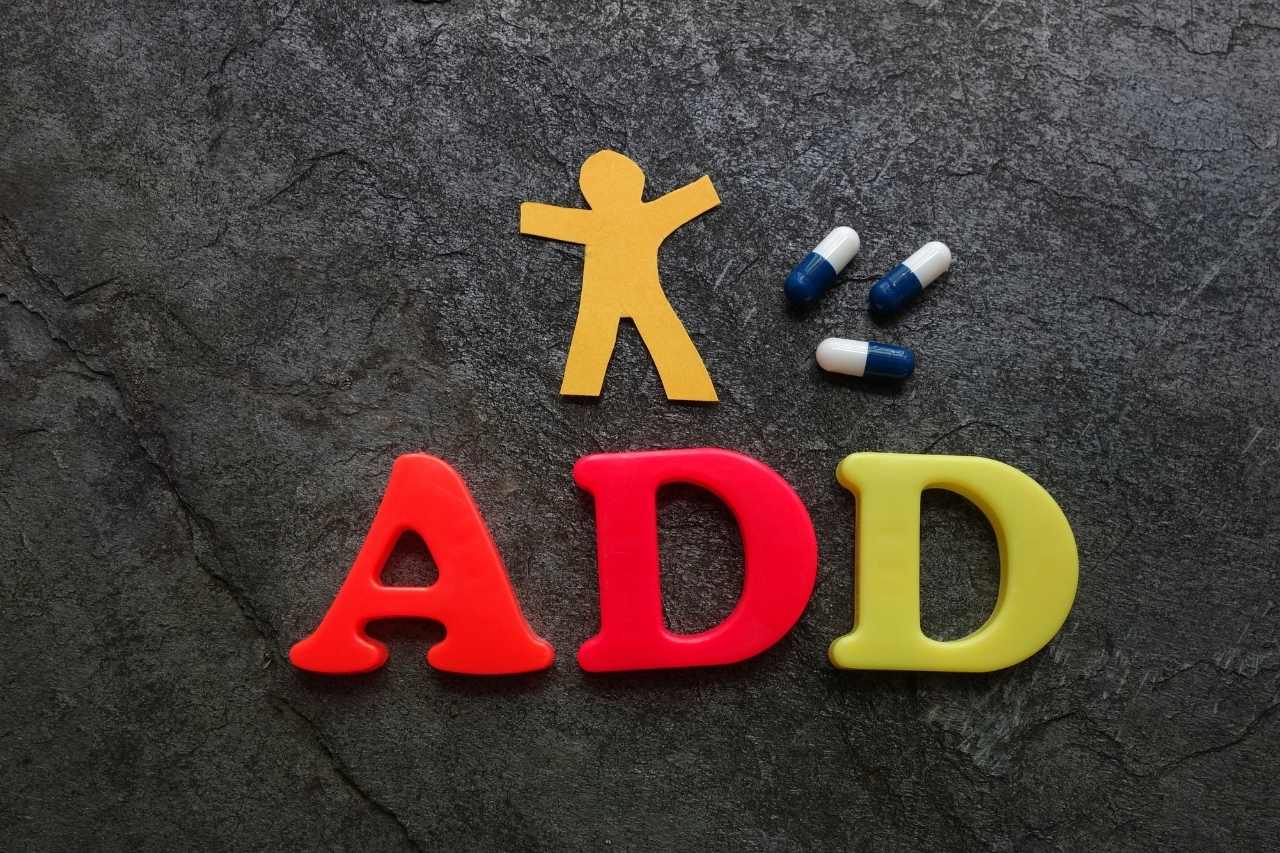There are numerous obstacles involved in raising a teenager with Attention Deficit Hyperactivity Disorder (ADHD). The challenges revolve around developing social skills, overcoming learning difficulties, and fostering accountability for behavior.
Do any of these descriptions resonate with you?
- Being easily misled
- consistently lacks focus
- experiencing emotional outbursts when unable to remain seated during activities that are messy or disorderly.
Even when attributing these behaviors to your teen’s ADHD, it can still be exasperating. Parenting an adolescent with ADD/ADHD is demanding and requires a higher level of patience. While teenagers with ADHD are becoming more independent, they still rely on parental guidance, support, and assistance.
Ways Parents Can Offer Support
Educate yourself about Attention Deficit Hyperactivity Disorder (ADHD) to gain a deeper understanding of the condition. Enhancing your knowledge of ADHD basics can increase your tolerance and reduce frustration with your teen’s behaviors. It’s crucial to remember that adolescents with ADHD are not intentionally challenging.
ADHD in teenagers is manageable but requires ongoing effort. Collaborative help from family, school, and other professionals can make a significant difference.
Recognize how ADHD impacts your teenager. ADHD manifests in various ways in teenagers, leading to various challenges. Identify the most significant issues stemming from your adolescent’s ADHD and consider the skills they may need to develop to address these issues. For example:
- Teens with hyperactivity may need to learn to slow down and manage excess energy effectively.
- Adolescents prone to impulsive actions may benefit from practicing patience, impulse control, and emotional regulation.
- Teens struggling with focus may require assistance in organizing, studying effectively, and minimizing distractions.
Engage in open discussions about ADHD and establish clear expectations with your teen. Educate them about ADHD’s effects on their daily life and relationships, fostering mutual understanding.
Reinforce the idea that having ADHD is not a weakness.
Set achievable and measurable goals with your teen to empower them to take charge of their attention, behavior, and emotions. Start with one task at a time to pave the way for success.
Take proactive steps to assist your teen. Instead of simply instructing them to tidy up, collaborate on developing organizational strategies gradually. Consistent practice is key to acquiring new skills effectively.
Guide your teen in improving their social interactions. Many teenagers may not realize how ADHD affects their relationships. Encourage self-awareness and teach them strategies to enhance their social skills.
Ensure your teen continues to receive appropriate ADHD treatment.
Medication, therapy, parenting advice, and educational support are common interventions for ADHD. Stay engaged in discussions with healthcare providers and educators to address your teen’s evolving needs effectively.
Maintain a positive and supportive relationship with your adolescent. Focus on their strengths, engage in enjoyable activities together, and avoid excessive criticism or blame.
Empower young people to recognize and leverage their strengths.
Encourage teenagers with ADHD to embrace their unique talents and abilities, fostering self-confidence and resilience.

